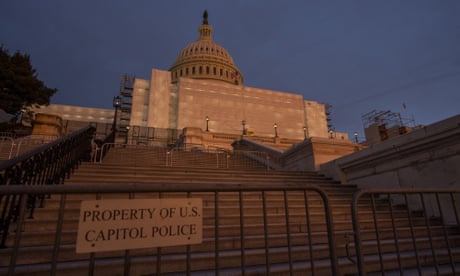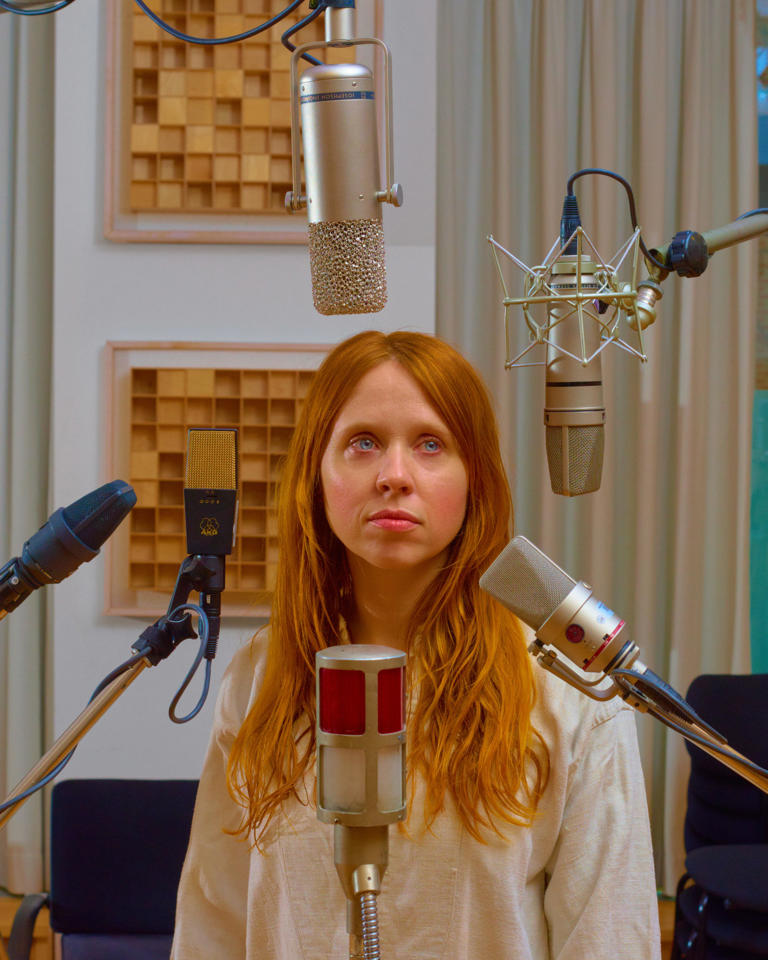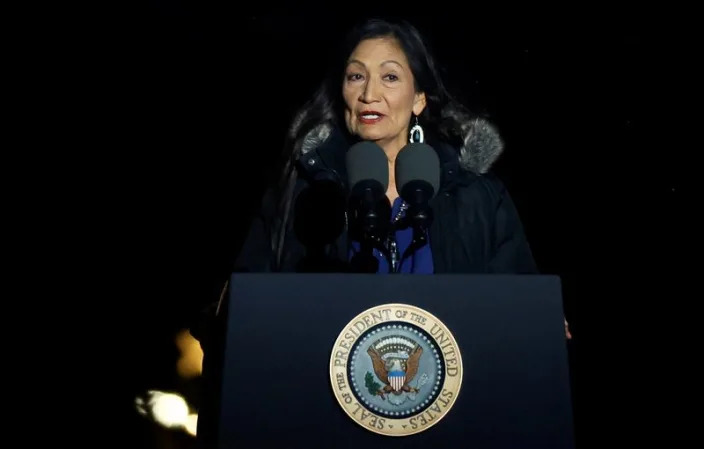By Reuters
May 17, 2023

Philadelphia City Council Majority Leader Cherelle Parker speaks about protecting abortion access, as Pennsylvania Attorney General and candidate for governor Josh Shapiro listens during a news conference in Philadelphia, Pennsylvania, U.S., June 29, 2022.
By Brendan O'Brien
(Reuters) - A Philadelphia Democrat who promised to hire more police has won her party's nomination for mayor, while a former TV news anchor has ousted a Republican from the mayor's office in Jacksonville, Florida, the largest city in the country in which the party had control.
Democrat Donna Deegan pulled off an upset in Jacksonville, defeating front-running candidate Republican Daniel Davis on Tuesday to become the city's first female mayor.
"We made history, tonight," Deegan, who is also a founder of a breast cancer research organization, said to her supporters after her win. "Everyone said it could not be done in Jacksonville, Florida."
Deegan's win was improbable as Davis led in fundraising and was endorsed by Republican Governor Ron DeSantis, widely thought to be weighing a 2024 presidential campaign.
Deegan will replace Lenny Curry, who was term limited in Jacksonville.
In Philadelphia, former state representative and City Council member Cherelle Parker won the Democratic nomination for mayor. She now faces Republican David Oh in the general election in November, a race she will most likely win in the largely Democratic city.
Parker pledged to hire more police officers if she becomes Mayor of Philadelphia, where violent crime remains a chief concern across the nation's sixth largest city. She, like Deegan, would become her city's first female mayor if she wins, taking over for incumbent Democratic mayor Jim Kenney, who was term limited.
In Colorado Springs, political newcomer and Independent Yemi Modolade defeated former Secretary of State Wayne Williams, a Republican, to become that city's first Black mayor. Modolade, a businessman, will take over for Mayor John Suthers, who was term limited.
"It's a new day in our beloved city," he said during his victory speech flanked by his family. "To anyone who doubts that politics can be disrupted ... tonight is for you."
(Reporting by Brendan O'Brien in Chicago; Editing by Bill Berkrot)














